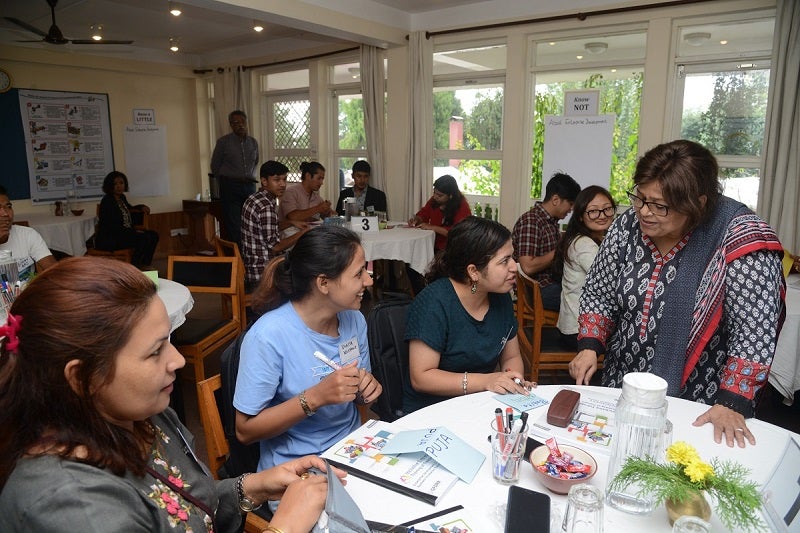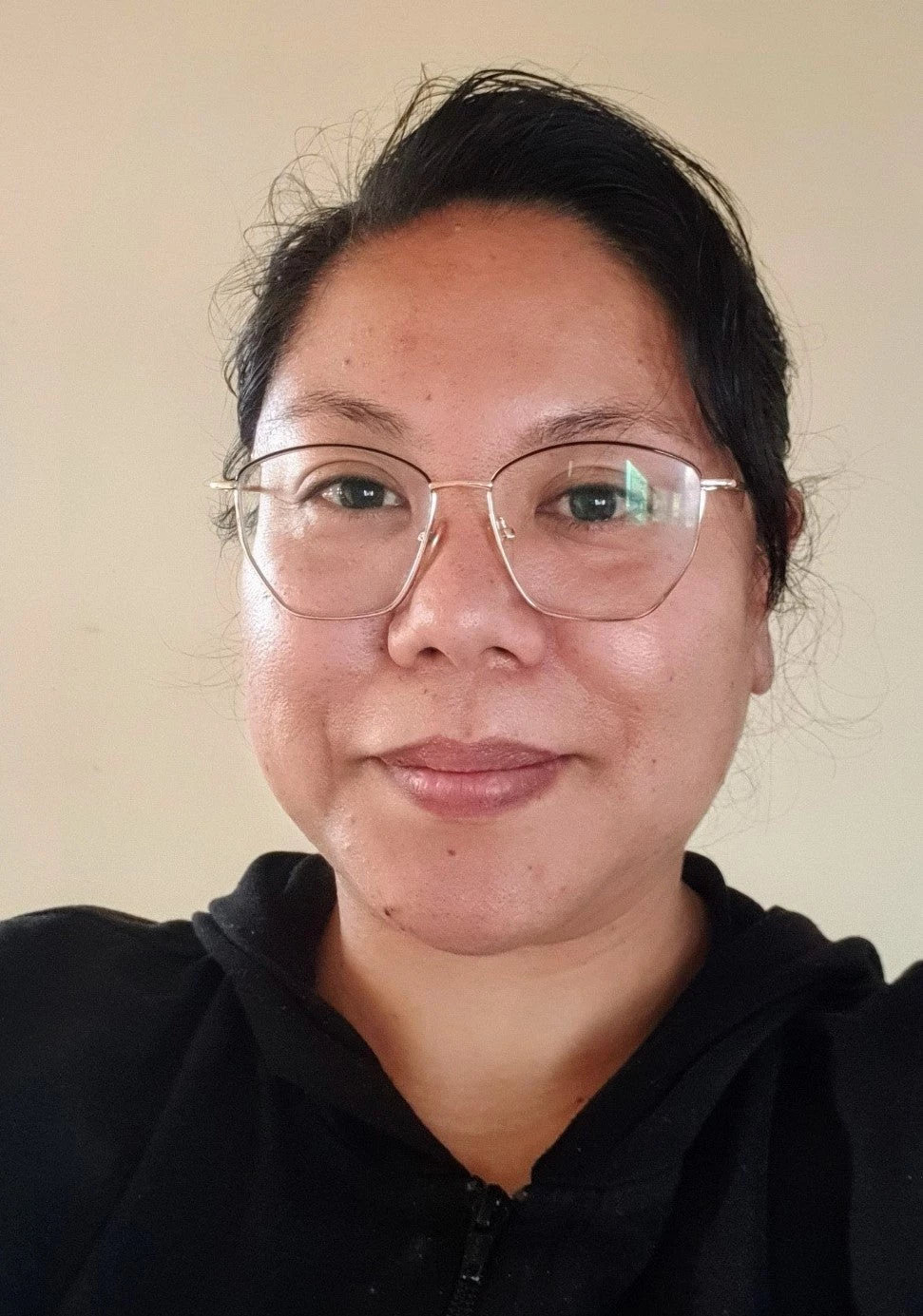Chiya (tea) Station, a small café in the middle of a busy market in Banepa, Kavrepalanchowk looks similar to other teashops in the area. From the outset, it is yet another emerging business but Pravesh Sharma, the owner, feels otherwise.
“Chiya Station offers flavorful tea in matkas (earthen cups). They can be reused and recycled and, unlike plastic cups, don’t harm the environment. We are also upcycling thrown away tires to serve as tables. We are different from others that way.”
However, the unique selling point for Pravesh’s Chiya Station isn’t limited to being environmentally friendly. Wheelchair-bound himself, Pravesh aims to make it as inclusive as possible for persons with disabilities. The small shop is wheelchair accessible and the menu is in braille for the visually impaired.
Pravesh had been considering the tea business for a while, and participating in the World Bank’s inclusive entrepreneurship training helped fill the missing links to establishing his business.
Inclusive Entrepreneurship Training
Pravesh was selected as an entrepreneur in the Inclusive Entrepreneurship: Training of Trainers program that took place from 16-30 September 2019 in Dhulikhel, Kavrepalanchowk district.
As part of Nepal’s Earthquake Housing Reconstruction Project (EHRP), the pilot training helped develop a pool of trainers who taught entrepreneurship to persons with disabilities from earthquake-affected districts.
“EHRP not only supports the building of houses but also facilitates rebuilding lives, especially for vulnerable people,” explains Kamran Akbar, Senior Disaster Risk Management Specialist at World Bank Nepal. “The methodology focuses on behavioral change in participants by moving from sympathy to empathy, and from low self-esteem to self-confidence.”
The training had a two-pronged approach: first to develop a batch of trainers (trainee trainers) on enterprise development, and second, to guide persons with disabilities to become entrepreneurs.
Sunil Kumar Limbu, one of the 14 trainee trainers, selected Pravesh as an entrepreneur and supported him with his business needs during the training.
“Though the café venue was identified and rented before he joined the training, Pravesh did not have a proper business plan. His branding was vague and he had not carried out market research, neither did he have a proper marketing strategy. The training helped him with all three issues.”
Chiya Station is one of the eight businesses that trainers supported from planning to implementation. The intensive hands-on nature of the training helped bring out the skills of the trainers as well as entrepreneurs' to overcome business challenges.
“This training is not just about skills. These days, information is available at your fingertips, but if you are determined to run a business, you have to experience it yourself. This training teaches you how to develop and enhance the traits you need for different stages of business process, and for the trainee trainers, how to impart that knowledge to others,” says Shahnaz Kapadia Rahat, master trainer, and an established entrepreneur.
Why Entrepreneurship Matters
A 7.8 magnitude earthquake struck central Nepal on April 25, 2015. The earthquake and its aftershocks caused over 8,700 deaths and 25,000 injuries.
A Post-Disaster Needs Assessment (PDNA) estimated about $7 billion in damages and losses from the earthquake and approximately $6.7 billion in reconstruction needs. Likewise, a Post Disaster Recovery Framework (PDRF) estimated that damages to micro-enterprises and cottage and small industries amounted to around NPR 15,000 million.
On December 20, 2015, the Government of Nepal established the National Reconstruction Authority (NRA) to start reconstruction works in areas affected by the earthquake and revitalize the productive sector for economic opportunities and livelihoods.
Promoting entrepreneurship is key to enhancing the incomes and livelihoods of people affected by the earthquake. To that end, the World Bank piloted the training, which is dedicated to persons with disabilities and is expected to be scaled up in the future in all earthquake-affected districts with the help of the NRA.



Join the Conversation